Mental-Emotional Wellness
|
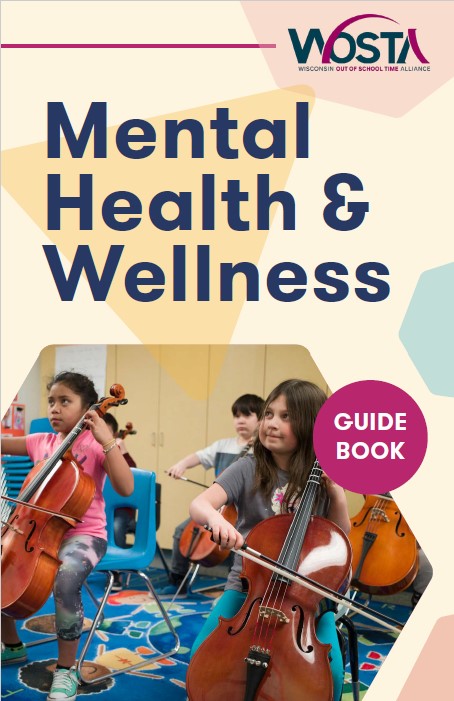 |
Supporting youth mental health has become a major focus for youth-serving programs in recent years. Research shows that youth who engage in structured activities outside of the school day can experience reduced anxiety and depression, along with a stronger sense of belonging. To create these positive and supportive environments, program staff need to be equipped with essential knowledge, tools, and resources. This series will explore the various elements that frontline staff need in their “toolkit” to support youth mental health. Each topic will be presented in multiple formats to suit different training schedules, learning preferences, and timelines—including webinars, podcasts, short videos, and additional resources. Access the ebook here. |
2024-25 Mental Health Learning Series
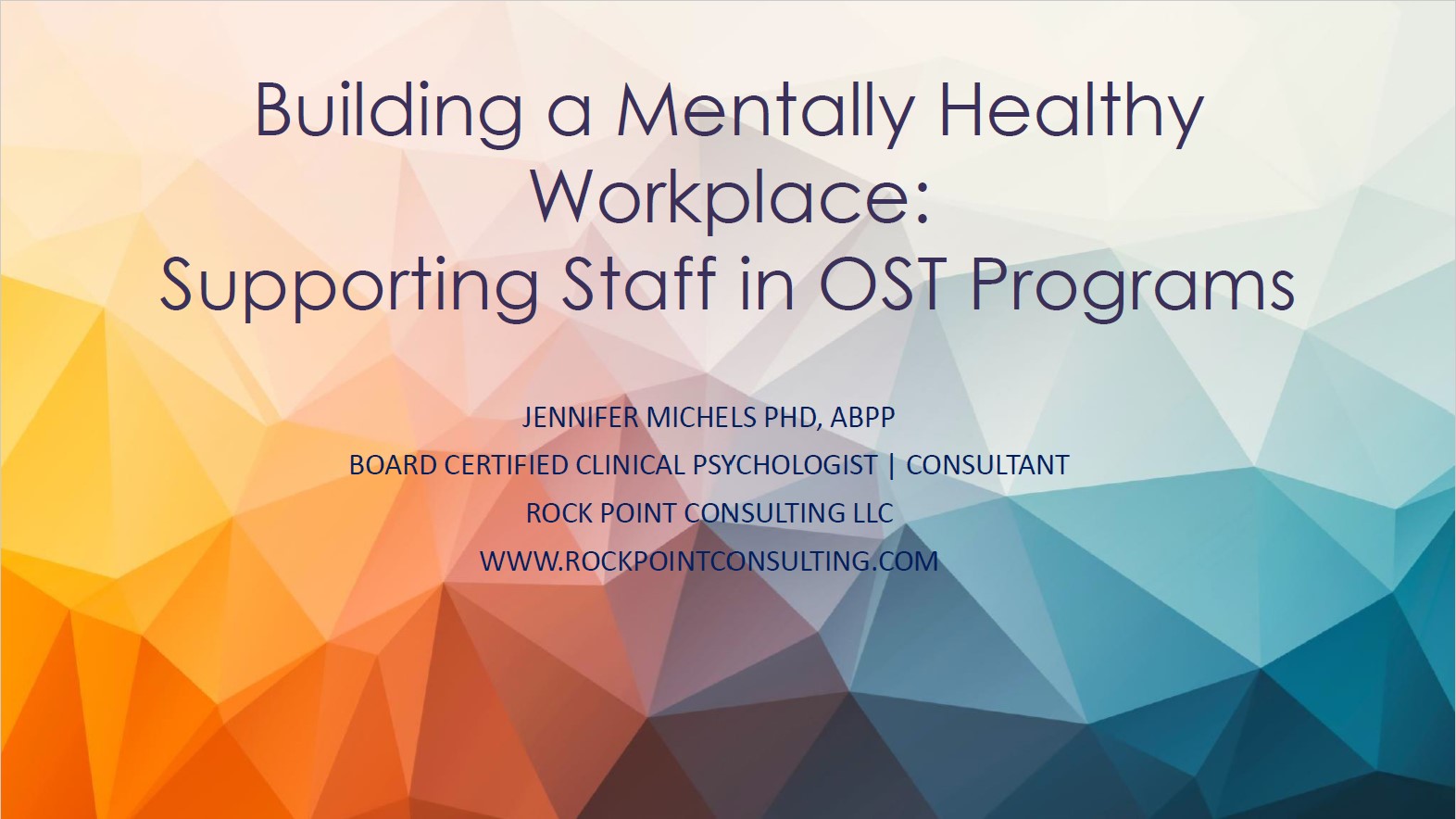 |
Building a Mentally Healthy Workplace: Supporting Staff in OST Programs Learn how to support staff mental health in Out-of-School Time (OST) programs. This webinar covers the basics of mental health, strategies for providing support while maintaining professionalism, and ways to connect staff with community resources. Additionally, we'll discuss how to reduce stigma and create a supportive work environment. This session is perfect for OST program leaders, supervisors, and HR professionals looking to foster a mentally healthy workplace. Access the webinar recording and presentation slides. In addition to the resources included in the presentation slides, Dr. Michels mentions a few in the presentation. You can access those resources here:
|
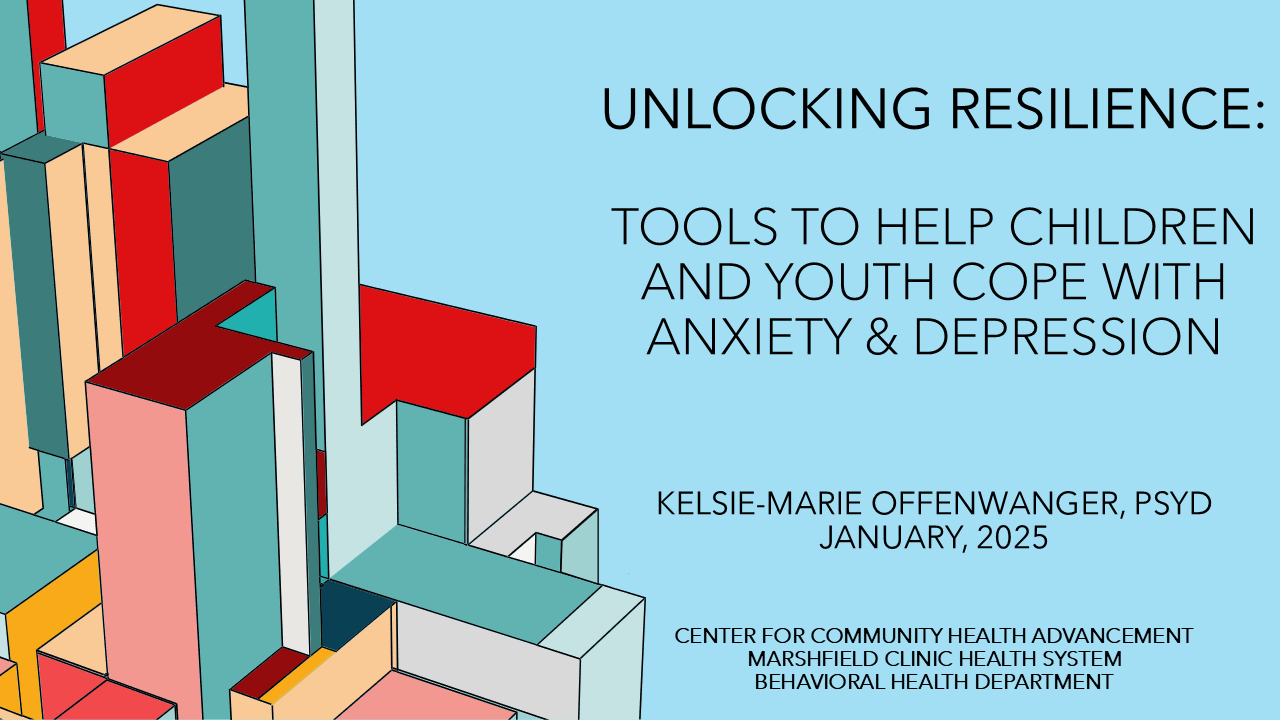 |
Unlocking Resilience: Tools to Help Children and Youth Cope with Anxiety & Depression Depression and anxiety often co-occur among children and adolescents. Resilience acts as a protective buffer against anxiety and depression by equipping youth with the ability to adapt to challenging situations, bounce back from setbacks, and maintain a positive outlook, even when facing significant stress or adversity, allowing them to effectively manage their emotions and navigate difficult experiences with greater coping mechanisms. Access the webinar recording and presentation slides. Additional resources to consider:
|
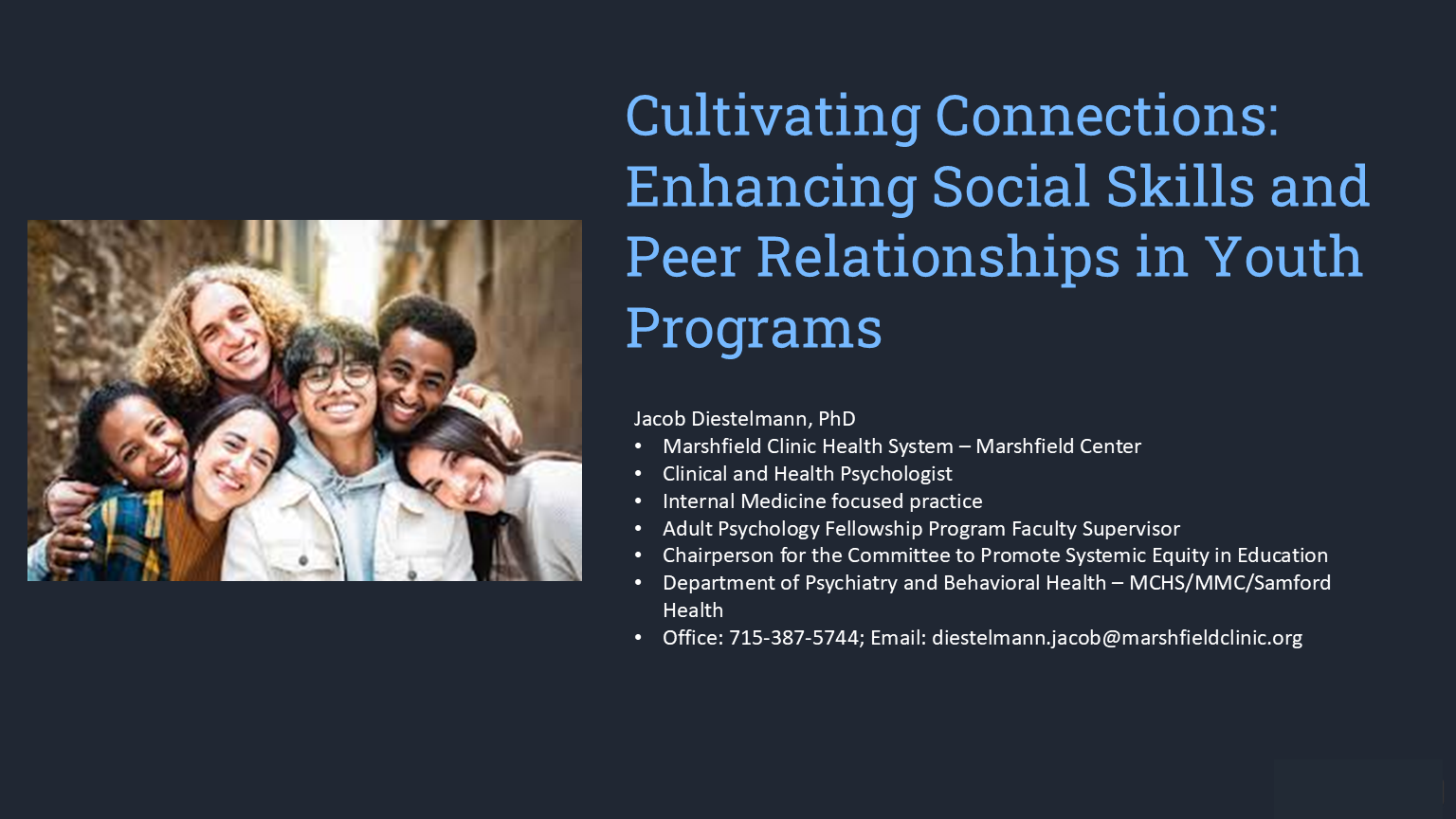 |
Cultivating Connections: Enhancing Social Skills and Peer Relationships in Youth Programs Discover effective strategies to help youth develop essential social skills and build healthy peer relationships. Learn from experts in the field and gain practical tools to create a supportive and inclusive environment that fosters meaningful connections among young people. Don't miss this opportunity to enhance your program's impact and empower the youth you serve. Access the webinar recording and presentation slides. Additional resources to consider:
|
General Resources
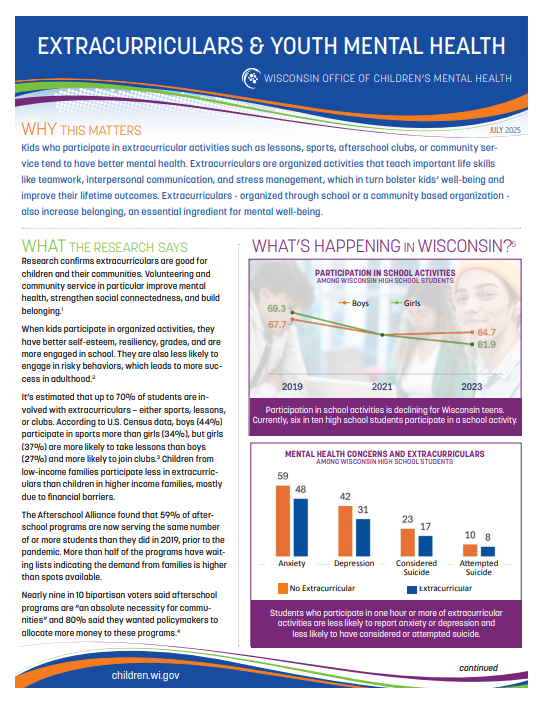 |
The Office of Children's Mental Health (OCMH) supports Wisconsin's children in achieving their optimal mental health and well-being. By encouraging collaboration across child and family service systems in Wisconsin, including state agencies, nongovernment mental health programs, advocates, and people with lived experience, OCMH supports children's mental health system improvements. Access the OCMH website for additional resources and access the July 2025 fact sheet - Extracurriculars & Youth Mental Health. |
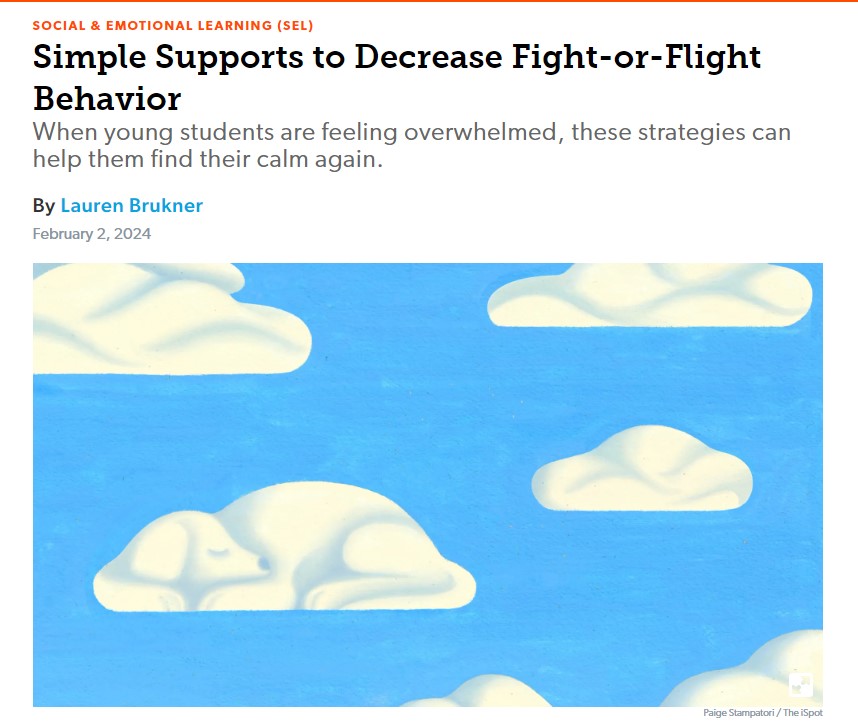 |
Article from Edutopia: Simple Supports to Decrease Fight or Flight Behaviors When young students are feeling overwhelmed, these strategies can help them find their calm again. |
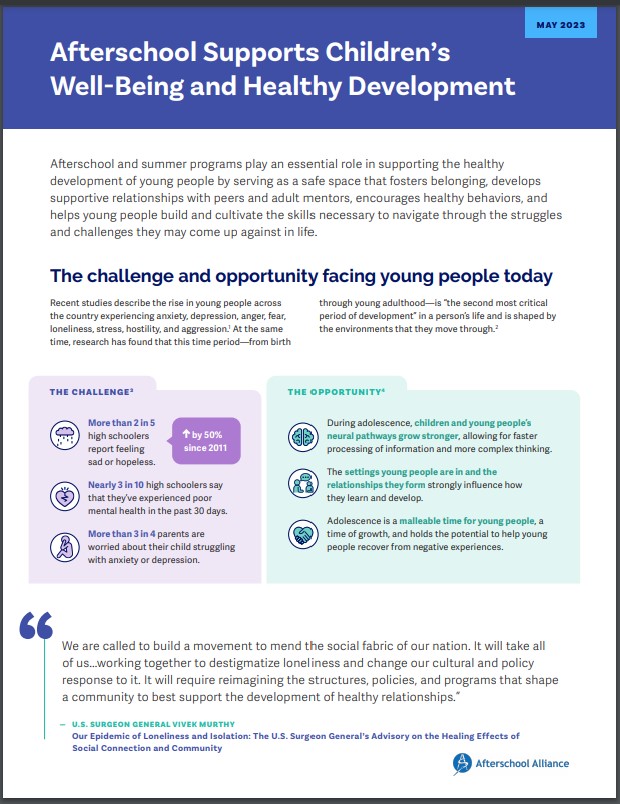 |
Afterschool and summer programs play an essential role in supporting the healthy development of young people by serving as a safe space that fosters belonging, develops supportive relationships with peers and adult mentors, encourages healthy behaviors, and helps young people build and cultivate the skills necessary to navigate through the struggles and challenges they may come up against in life. Access the resource here. |
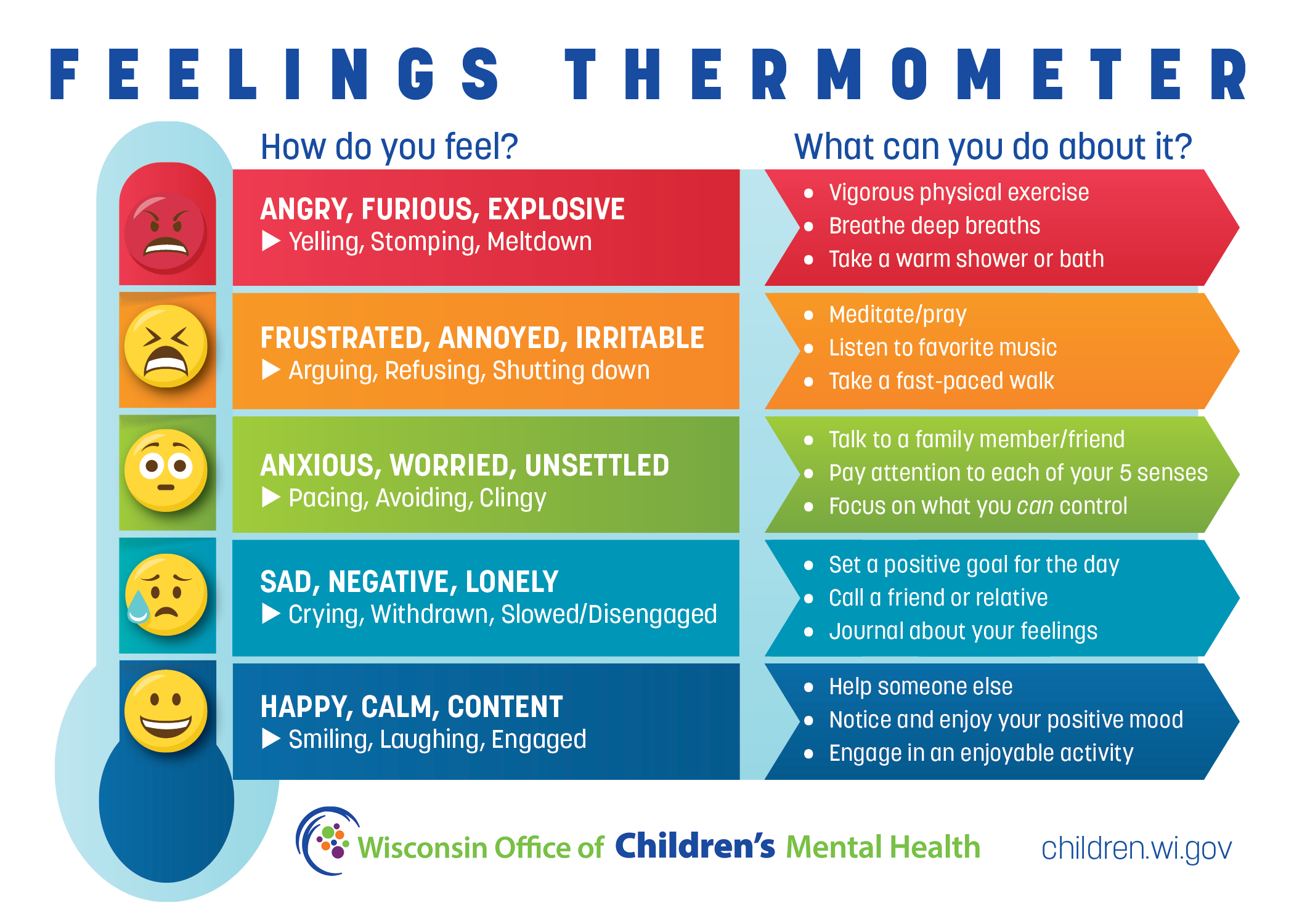 |
Visit the Office of Children's Mental Health to view Tools for Families, Schools and Communities to support youth mental health and wellbeing. |
 |
Visit Child Mind Institute for a list of recommended children's books on mental health and view the 2024 Best Kids Books on Mental Health list. |
 |
Resilience is a muscle that needs to be developed over time, and just like physical muscles, it requires daily practice. By introducing children to habits that help them feel calm, strong, and happy, we are setting them up for success in both their emotional and physical health. The good news is, there are simple, fun ways to guide children in building these resilience muscles. Access your free journal download here. |
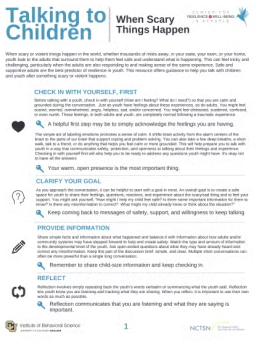 |
Talking to Children When Scary Things Happen is a one-page resource from the National Child Traumatic Stress Network which centers a trauma-informed approach for educators to address violent incidents with children. The National Center for School Crisis and Bereavement Talking to Kids about Tragedies (such as shootings and terror attacks) in the News provides guidance in English and Spanish. Youth.gov has resources to help youth cope in the wake of a shooting or tragic event. |
